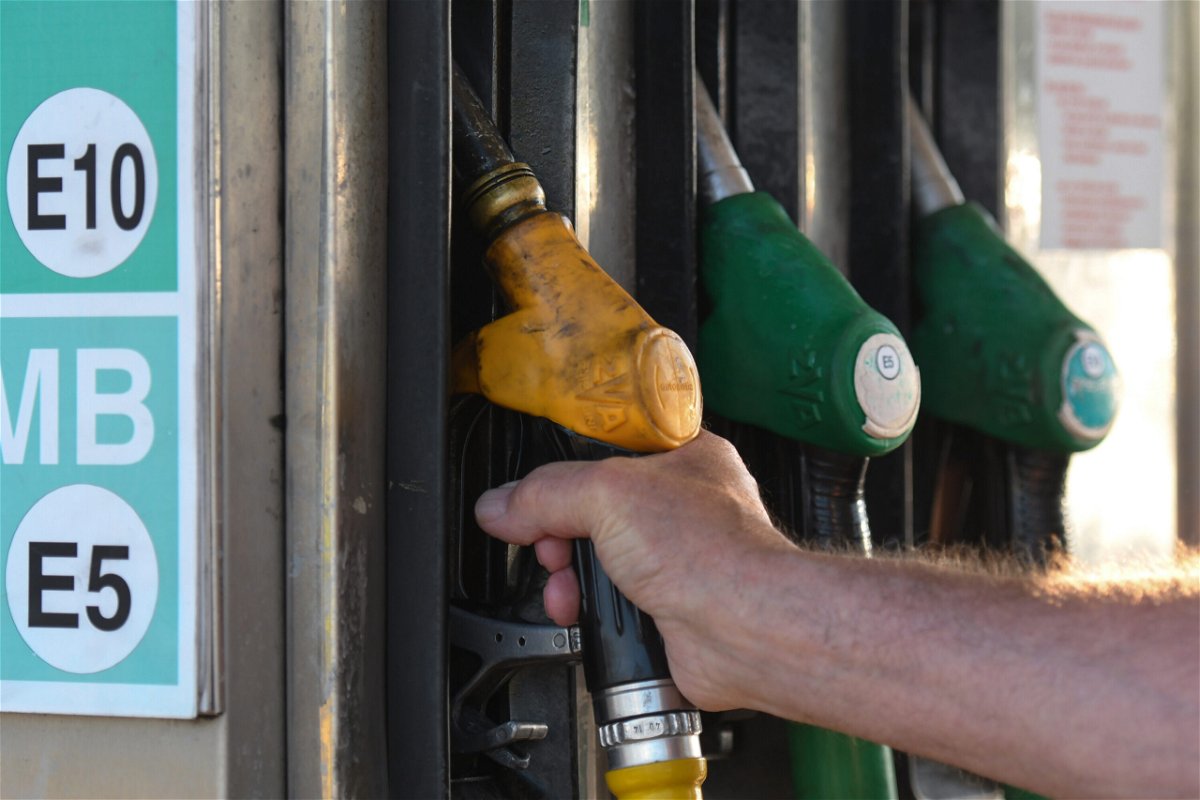Men have a bigger carbon footprint than women, thanks to their appetite for cars and meat

The study found that men spend more on greenhouse gas-intensive items
By Hannah Ryan, CNN
Gender stereotypes are alive and well and harming our planet, a new study from Sweden shows, as men’s passion for meat and cars is making them bigger contributors to greenhouse gases than women.
The study, carried out by research company Ecoloop and published on Monday in the Journal for Industrial Ecology, looked at single men and women living in Sweden and considered their consumption and expenditure on goods such as food, household items, furnishings, holidays and fuel for cars.
It found that Swedish men on average were responsible for 16% more greenhouse gases than women, despite the fact that men only spend 2% more on goods in total than women do. The research was based on official consumer spending figures from 2012 — the most recent data available.
The study gave a number of reasons why men are responsible for higher carbon emissions despite spending a similar amount to women.
It said women tended to spend money on “low-emitting products,” such as healthcare, furnishings and clothes, while men spent 70% of their money on what the study called “greenhouse gas-intensive items,” including fuel for cars.
When it comes to transportation and vacations, single men produce more emissions than women because of their higher car use — while the study also found that car-based holidays in Sweden are six times more polluting than ones taken by train.
Annika Carlsson-Kanyama, the lead researcher on the study, told CNN that men “could really learn from women’s expenditure habits, which produce significantly less carbon emissions despite the similar amount of spending.”
She said governments need to factor these gender differences into their decision-making when shaping environmental policy.
“Policies — for example, in transportation — should be targeted to men to discourage them from spending so much on fuel, from using cars so much. It’s essential for governments, in their messaging, to explain to men how high the emissions are that their expenditure is causing.”
Carlsson-Kanyama also said she’s noticed that it “makes people uncomfortable to discuss the fact that men and women affect the environment differently.”
Asmae Ourkiya, a doctoral researcher in ecofeminism and environmental justice at the University of Limerick in Ireland, echoed Carlsson-Kanyama’s point about the impact that fixed gender roles — within which men are more likely to spend their money on cars and fuel and to eat more meat, for example — have on the environment.
Men’s “masculine identities became heavily associated with fossil fuel extraction and consumption … and resistance to sustainable diets,” they told CNN.
The study’s publication comes just weeks after the devastating consequences of climate change were laid bare across the US and Canada, when record-breaking heat waves left many dead. And the EU last week announced its bold new plan for climate action — the “Fit for 55” initiative that aims to wean its members off of fossil fuels.
Ourkiya and Carlsson-Kanyama said world governments must also consider how climate change affects men and women differently, as not only do women have smaller carbon footprints than men, they are also, according to the United Nations, more vulnerable to climate change — a fact that Carlsson-Kanyama says “should be reflected in the fight against climate disasters.”
The-CNN-Wire
™ & © 2021 Cable News Network, Inc., a WarnerMedia Company. All rights reserved.